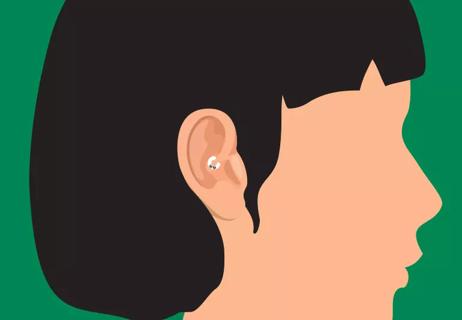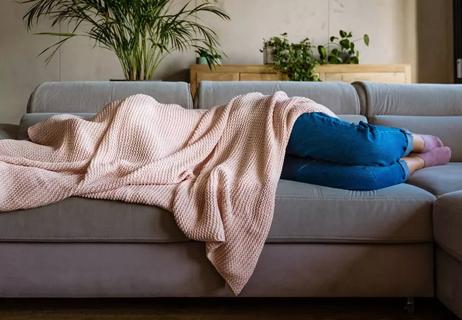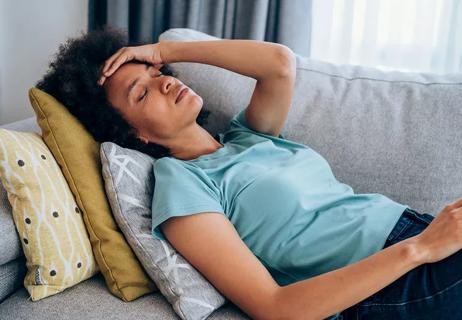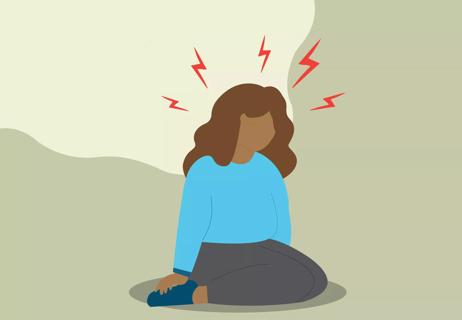The short answer from a headache specialist

A: We know there are certain lifestyle changes patients can make to reduce headache frequency. They include:
Advertisement
Cleveland Clinic is a non-profit academic medical center. Advertising on our site helps support our mission. We do not endorse non-Cleveland Clinic products or services. Policy
Advertisement
Another important element that we can’t control is the barometric pressure and weather. A sudden drop or rise in temperature can really affect people.
— Headache specialist Emad Estemalik, MD
Advertisement
Learn more about our editorial process.
Advertisement

Among the options is a fast-acting medication that offers relief in as little as 15 minutes

A little can help, too much can hurt

They might look cool, but there’s no scientific evidence that daith piercings ward off pain

Getting enough sleep, avoiding dietary triggers and reducing stress can provide relief

Your genes may offer some insight when learning about your migraine symptoms

Migraine length depends on your triggers, health history and whether they are chronic

If you’re experiencing the worst headache of your life, it may be time for a trip to the hospital

Dehydration, sleep issues and certain foods can lead to an early morning headache

Type 2 diabetes isn’t inevitable with these dietary changes

Applying a hot or cold compress can help with pain